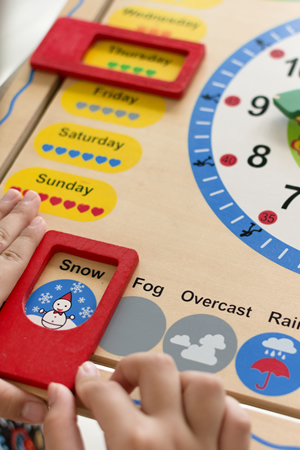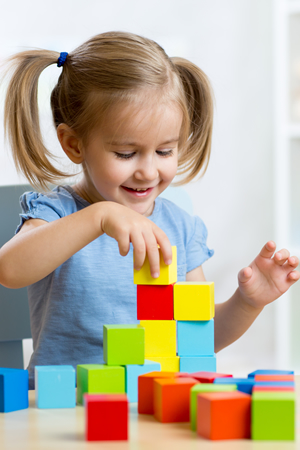- Email Us
- Call: 908-626-2800 or 908-323-0747
Let’s understand first what STREAM is. The acronym STEAM stands for the disciplines of science, technology, engineering, art (or applied) and mathematics. The popular STEAM education integrates those subjects in order to teach the child "21-century skills” that they will need for their career in the future. Yet, STEAM is just one leg of the education plan, without reading and writing (R), teaching would be crippled, and it would not go far. Reading and writing, an important part of literacy, must be included in any fundamental education plan. The inter-relationship among the six subjects is best explained by Georgette Yakman, founder and CEO of STEAM education.
 "Science and Technology, interpreted through Engineering and the Arts, conveyed through Reading and wRiting, all based in elements of Mathematics.”
"Science and Technology, interpreted through Engineering and the Arts, conveyed through Reading and wRiting, all based in elements of Mathematics.”We believe that the richness of STREAM education empowered by the Montessori teaching method would get children’s inner curiosities excited and by following their own interests, experimenting with their hands, children become better learners, adapted for rapid changing world. They would become leaders to further advance humanity and make the world a better place to live.
The five key areas of learning in the Montessori environment, which include: Practical Life, Sensorial, Language, Mathematics, and Culture.
Practical Life: Daily living activities that build a sense of self-esteem, while developing fine motor skills and concentration. Children gain independence and social skills.
Sensorial: Special designed teaching materials encourage children to learn with their five senses. Through interaction with concrete materials children develop classification and discrimination skills, enhance vocabulary while building a firm foundation for better math and language skills.
Language (Reading/Writing):Build a firm foundation for verbal communication, progress to reading and writing success.
Mathematics: A hands-on approach for math skills, understand number concepts, quantity and operations.
Culture (History & Geography): Develops an understanding of our world by recognizing and celebrating our past and present.

Science: Through fun activities children learn to explore and understand the world around them.
Children will be exposed in the following scientific fields: botany, zoology, chemistry, physics, geology and astronomy.
Technology: Innovative software to engage and enrich learning
Engineering:Through fun activities children learn to build and solve problems
Art: Develops creativity and a sense of beauty through expressive use of materials and activities.
Planting A Pumpkin In An Eggshell